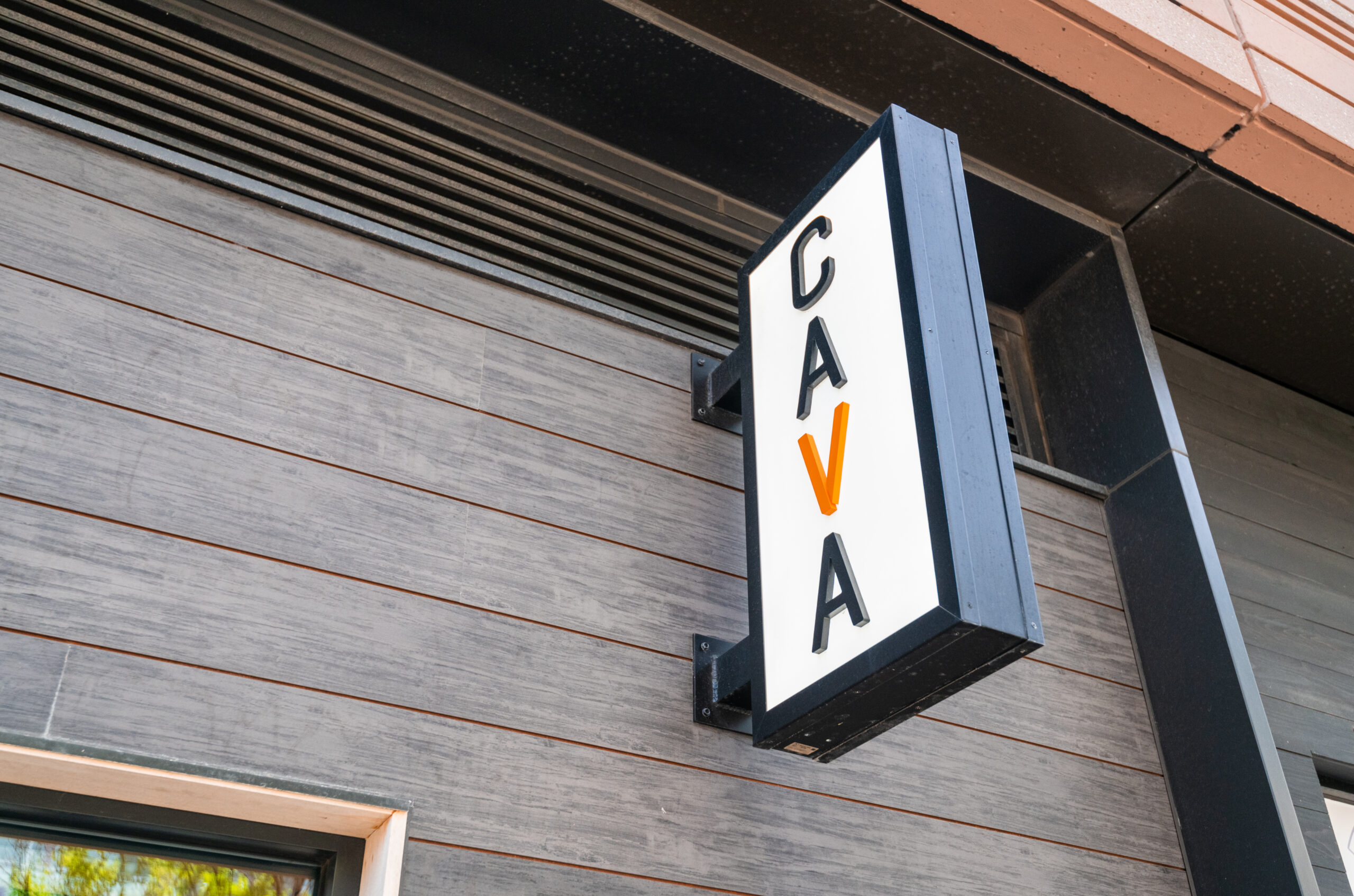Will Cava Going Public Set the Table for Other IPOs?
By David Braun, Founder and CEO, Capstone Strategic
When Washington DC based restaurant chain Cava became a publicly traded company recently, it bucked a trend that has lasted nearly two years, a notable absence of American IPOs. The past 18 months have marked the slowest initial public offering market since the financial crisis of 2008.

There are many reasons many American companies are so hesitant to go public. Some have gotten capital from other sources like private equity, family offices, unsecured lending sources, or even friends and family. Others are unwilling to take on the expense and compliance challenges of dealing with the SEC and other government regulators. And then there are those who simply fear the spotlight of the public stage where “gotcha” scenarios and criticism abound.
Companies toying with the idea of going public but playing a bit of a wait-and-see strategy may very well follow Cava’s lead, especially other restaurant chains or those in related industries. I think the post-pandemic era will open the doors to new concepts for dining, travel, entertainment, and leisure to come together at the intersection of technology. For example, you could see a “live” concert in a virtual venue through the use of AI and VR technology rather than the artist (or the audience member) having to be physically present in the same location.
The decision of whether or not to take their company public or remain in private hands is one of the most important a CEO may ever have to face. Like most major decisions, it comes down to weighing the pros and cons so as to know which path to take. Among the advantages of the IPO are more ready access to capital, increased notoriety for the company to attract new talent and customers, and a heightened sense of prestige in the accomplishment.
The pitfalls of being publicly traded are tied to the brighter spotlight that the IPO will shine upon the company. It suddenly becomes much easier for people to see if the business is having a downturn or if key personnel leave. Another serious consideration is the greater need for human and financial resources to deal with compliance regulation and disclosure requirements.
At this point it is anyone’s guess as to whether Cava will enjoy the same success in the public realm as it did in the private sphere. Others waiting in the wings may also decide the time is right for them to file IPO paperwork. But as always, a healthy abundance of caution and a focus on proper due diligence go a long way towards future success.